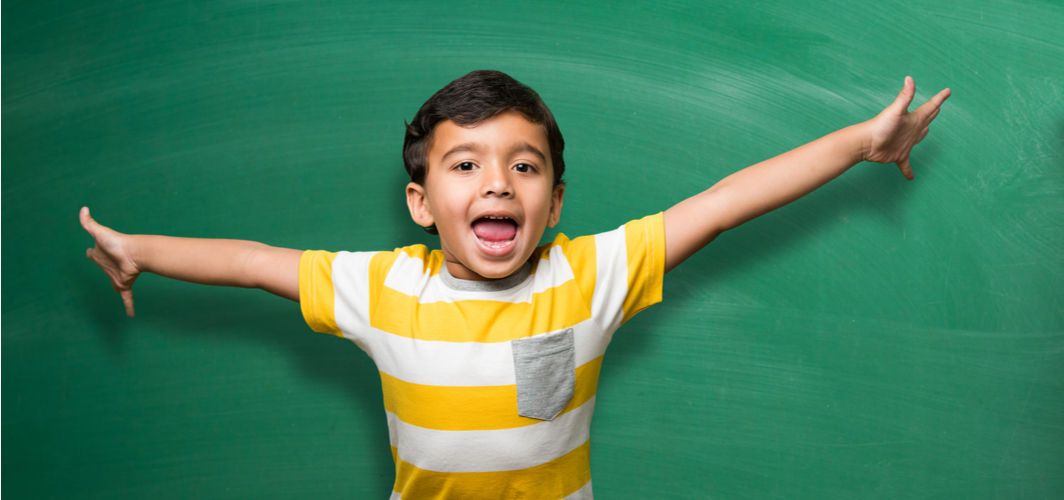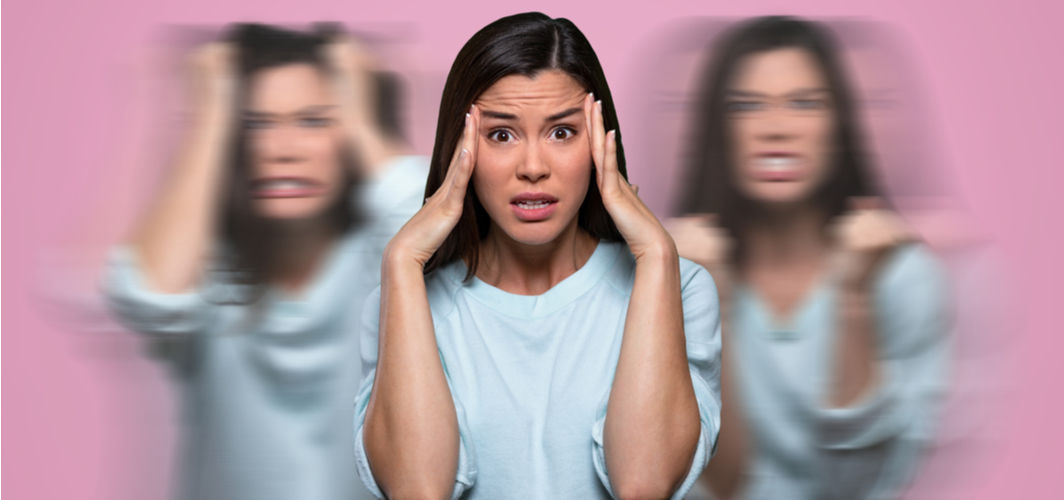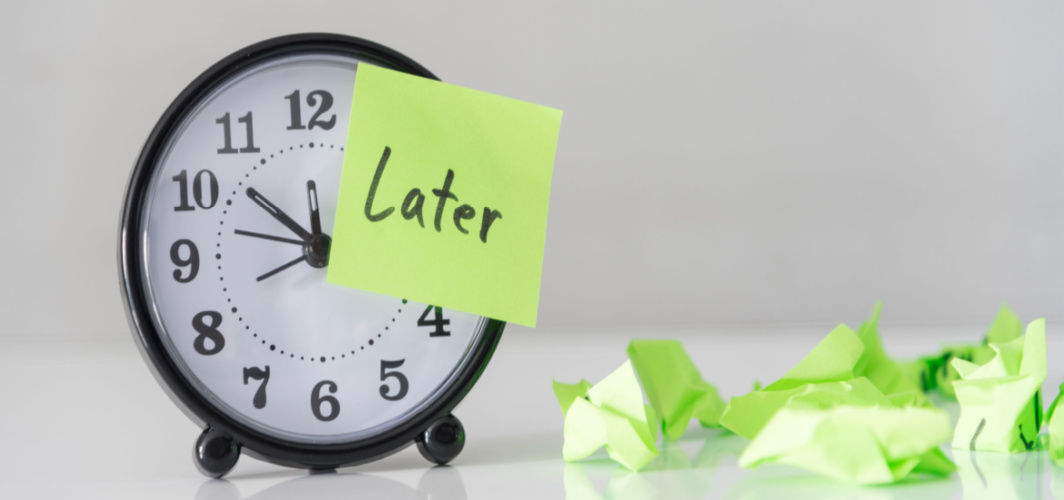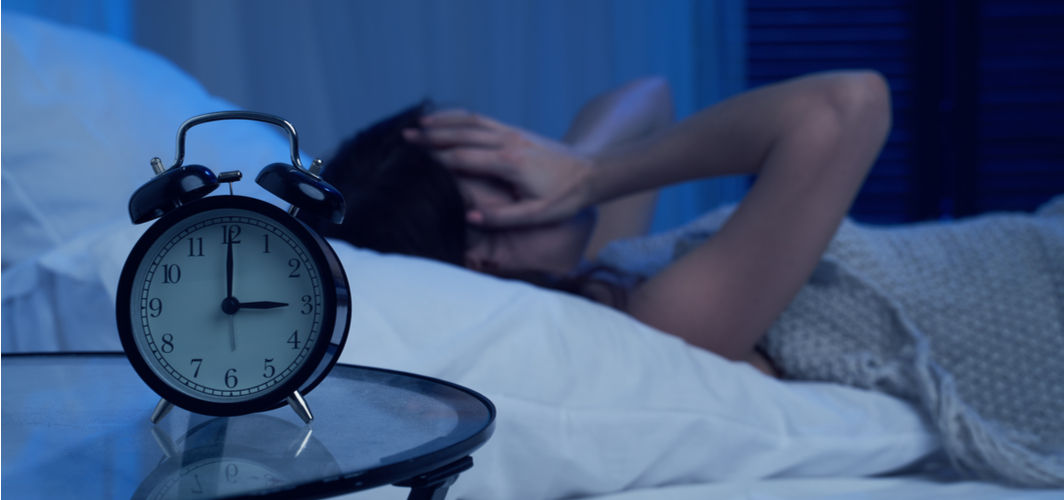Mental Health
ADHD in Children: Is Your Child Restless, Inattentive or Impulsive?
5 min read
By Apollo 24/7, Published on - 07 October 2021, Updated on - 18 October 2022
Share this article
0
55 likes

It is normal for children to be restless, inattentive, and demonstrate impulsive behavior. However, if these behaviors negatively impact their daily lives, it could be a sign of ADHD, or attention-deficit/hyperactivity disorder, a commonly diagnosed mental health disorder mostly affecting children. It affects more than 5% of the global population. This neurodevelopmental disorder is often characterized by behavioral issues, inability to concentrate, impulsivity, hyperactivity, and diminished academic functioning. Although specific symptoms fade with age, it can be a lifelong condition that affects social and cognitive functioning if not diagnosed and treated early.
What are the major types and symptoms of ADHD in children?
Based on the intensity of the types of symptoms, ADHD is classified into:
- Impulsive/hyperactive type ADHD: This type of ADHD is not very common and is characterized by impulsive and hyperactive behaviours. Children with this type of ADHD tend to fidget and talk a lot. They also find it difficult to listen to instructions, wait for their turn, and sit still for long.
- Inattentive and distractible type ADHD: This type of ADHD is characterized predominately by inattention in which children get easily distracted but without hyperactivity. Children with this type of ADHD tend to generally forget details of their daily routine.
- Combined type ADHD: This is the most common type of ADHD where children are usually impulsive and hyperactive. In addition, they also suffer from poor concentration levels and distractibility.
Prominent symptoms
People with ADHD exhibit behaviours that include:
- Impulsiveness
- Poor organizational skills
- Talk too much
- Poor concentration
- Problems focusing on any task
- Trouble multitasking
- Difficulty waiting for their turn
- Excessive activity or restlessness
- Difficulty listening to others
- Interrupting while others are talking
- Fidgets excessively
- Are constantly moving around without any reason
- Forgetfulness.
Treatment
ADHD is diagnosed after observing the child at home and school environment. The symptoms become more prominent when the child begins to attend school. Inattentiveness and inability to sit in one place are the primary indications of ADHD. The diagnosis of ADHD is done by evaluating results from various sources that include physical examination, psychological testing, etc.
Therapy is the first line of treatment for ADHD which can be combined with medicines to ensure the condition is managed in the right way. For children diagnosed with ADHD who are less than six years old, behavioral therapy is the first line of treatment, including training parents to manage specific symptoms. For children who are above 6 years, a combination of medicines along with behavior therapy is recommended.
It is important to note that the school environment and constant monitoring of such children play a vital role in effective treatment plans. Three kinds of therapies are usually recommended for managing ADHD in children:
- Behavior therapy: This therapy aims at learning or strengthening positive behaviors and eliminating unwanted behaviors.
- Medications: Fast-acting medications known as stimulants are usually prescribed for children with ADHD.
- Training of parents and teachers.
What can parents and teachers do to help children cope with ADHD?
- Diagnose the condition early: Early diagnosis of ADHD can lead to less suffering and healthy coping up by children. ADHD symptoms such as hyperactivity, impulsivity, and difficulty in concentration is a neurodevelopmental brain disorder. However, not every child who has difficulty concentrating has ADHD. Hence, getting a proper diagnosis by a professional can help in the proper treatment of the child. Moreover, the professional will evaluate brain scans to diagnose ADHD as children with ADHD have slightly different structural brains than children without ADHD.
- Follow doctor’s instructions: The doctor may prescribe certain medications and ask parents to make the child follow a specific lifestyle. Lifestyle changes may include avoidance of certain foods, limiting screen time, and maintaining healthy routines.
- Maintain a sleep routine: Sleep is an important aspect of the management of ADHD. Hence, setting a fixed sleep time for the child, using blackout curtains, bedtime storytelling, cutting down on high sugar foods and television time just before sleep is recommended. If the child is suffering from sleep issues, aromatherapy, weighted blankets, and light music can help to induce sleep. Optimum sleep ensures the brain is powered to absorb and understand academic lessons thereby lowering impulsivity and hyperactivity.
- Encourage exercises: Research suggests that exercising daily (60 mins per day) helps in relieving core symptoms of ADHD. Exercises such as dancing, jogging, running, and swimming can help children with hyperactivity relax and focus on studies and other tasks. It can also improve mood and quality of life.
- Keep tasks exciting and break them down: Children with ADHD are unique, and research is suggestive that they are creative. Hence, their studies need to be made interesting. Do not get upset with the child as they may already hear a lot of criticism from others. Make eye contact with them and help them accomplish their tasks. Big tasks can feel overwhelming, and hence, breaking them into smaller, doable tasks can help. Children with ADHD may need constant help and therefore, guiding them from where to start and where to put more energy is the key to make them complete their tasks.
- Praise your child frequently: Positive phrases such as “well done,” “good job,” you can do this slightly better”, etc. are not only motivating but also helps the child remain focused and do better each time. As parents, one must do this frequently as research is suggestive that children with ADHD are subjected to negative criticism from most people. Hence positive feedback will help them learn and keep them motivated.
- Seek support: At times, one may not know the best ways to help their child cope with ADHD. Hence, seeking help from expert professionals is recommended to ensure the child receives the best support.
Conclusion
According to the Centers for Disease Control and Prevention (CDC), US, around one-third of children with ADHD continue having the condition in their adulthood. Such individuals can have troubles in their relationships at work and home. Hence, diagnosing and treating it during childhood is vital to prevent the severity of symptoms in adulthood. ADHD in children can effectively be managed with a combination of behavior therapy, medications, and a healthy lifestyle.
Seek the help of a child specialist if your child displays any signs of ADHD.
Mental Health
Leave Comment
Recommended for you

Mental Health
Could My Mood Swings Be a Sign of Bipolar Disorder?
Occasional mood swings can affect anyone. However, regular and extreme mood swings can indicate a mental illness such as bipolar disorder.

Mental Health
How to Care for Your Mental Health and Lead a Better Life
Every year, 10th October is celebrated as World Mental Health Day to raise awareness about mental illness and its effect on people’s lives worldwide.

Mental Health
Do You Unknowingly Delay Every Task? There’s A Surprising Reason Behind It!
Procrastination and impulsivity are found to be genetically related. As per research, these characteristics are connected to our capacity for successfully pursuing and juggling our goals.
Subscribe
Sign up for our free Health Library Daily Newsletter
Get doctor-approved health tips, news, and more.
Visual Stories

Overcome Insomnia with a Healthy Lifestyle
Tap to continue exploring
Recommended for you

Mental Health
Could My Mood Swings Be a Sign of Bipolar Disorder?
Occasional mood swings can affect anyone. However, regular and extreme mood swings can indicate a mental illness such as bipolar disorder.

Mental Health
How to Care for Your Mental Health and Lead a Better Life
Every year, 10th October is celebrated as World Mental Health Day to raise awareness about mental illness and its effect on people’s lives worldwide.

Mental Health
Do You Unknowingly Delay Every Task? There’s A Surprising Reason Behind It!
Procrastination and impulsivity are found to be genetically related. As per research, these characteristics are connected to our capacity for successfully pursuing and juggling our goals.